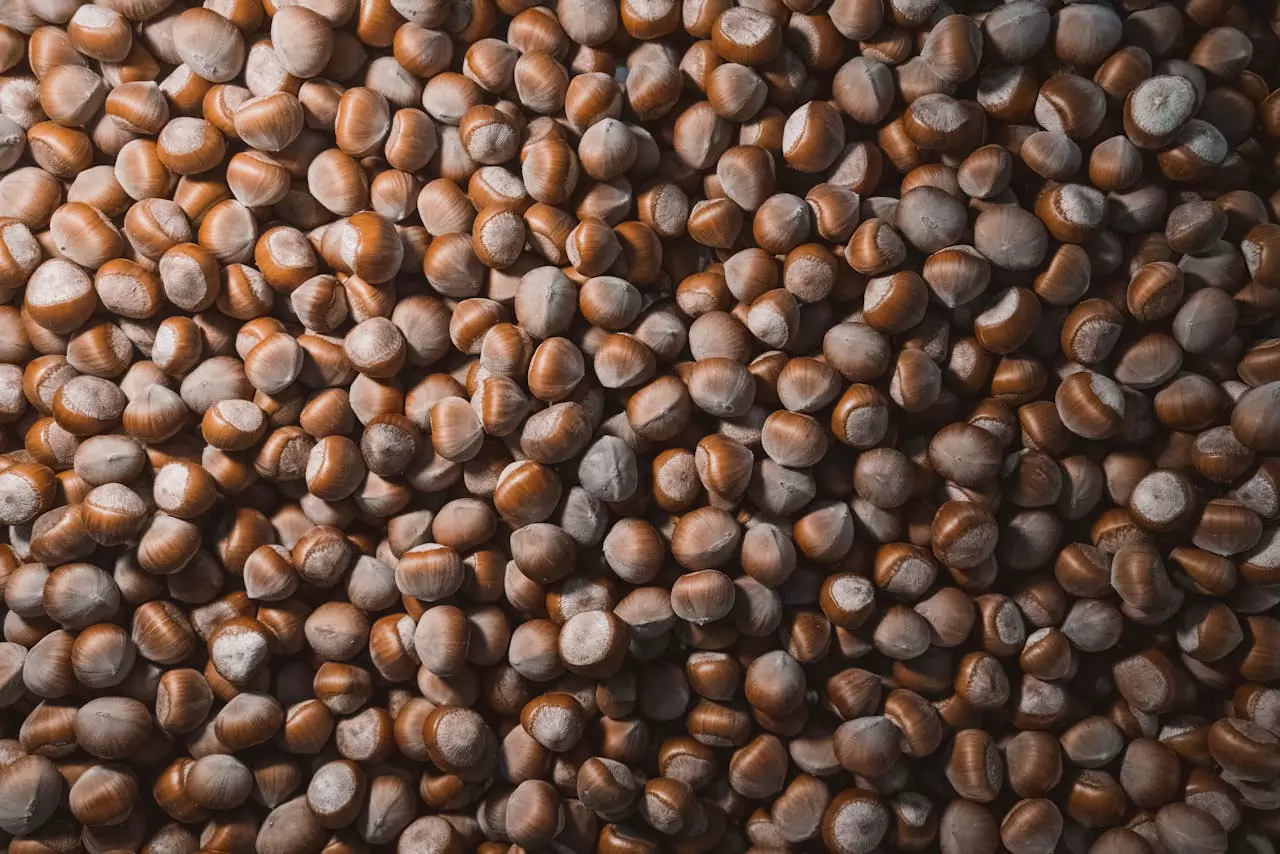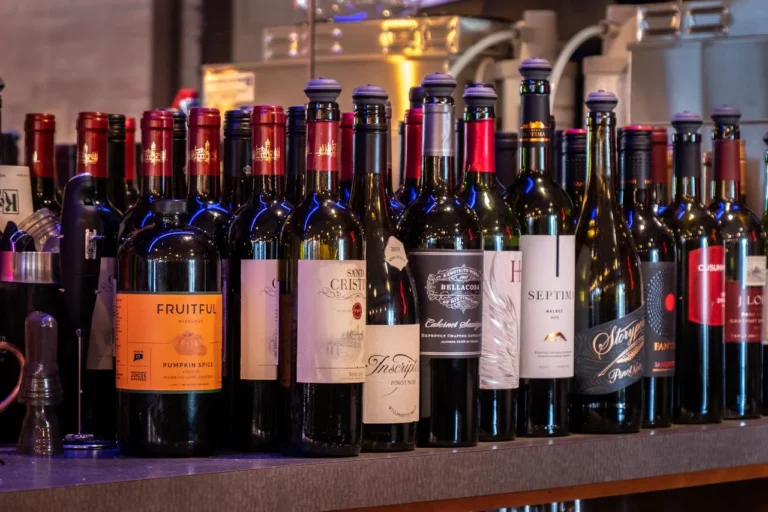
Sustainable Hazelnut Barry Callebaut Earns FSA Equivalency for Sustainable Hazelnut Charter
Barry Callebaut, one of the world’s leading manufacturers of high-quality chocolate and cocoa products, has proudly announced a significant milestone in its journey toward responsible and sustainable sourcing. The company has achieved both Silver and Bronze equivalency status under the Farm Sustainability Assessment (FSA) scheme, a widely respected industry standard administered by the Sustainable Agriculture Initiative (SAI) Platform. This recognition marks a crucial step forward in Barry Callebaut’s commitment to sustainable agriculture and responsible sourcing, particularly in the context of its hazelnut supply chain.
What Is the Farm Sustainability Assessment?
The Farm Sustainability Assessment (FSA) is a global benchmark tool created by the SAI Platform to assess sustainable agricultural practices. It provides a consistent framework for evaluating farm-level sustainability across three pillars: environmental, social, and economic. By aligning with FSA standards, companies can more easily identify best practices, promote transparency, and continuously improve sustainability performance within their supply chains.
Barry Callebaut’s attainment of Silver and Bronze equivalency under this scheme represents more than just a certification—it signals to customers, suppliers, and stakeholders that the company’s sourcing program for hazelnuts meets globally accepted sustainability standards. Moreover, it serves as a commitment to continuous improvement and transparency in agricultural sourcing, especially in sensitive supply regions such as Turkey.
A Milestone for the Hazelnut Industry
Barry Callebaut is the first member company of the SAI Platform to reach an FSA benchmarked status for a hazelnut-specific sustainable sourcing program. This achievement highlights the company’s leadership and dedication to improving practices within the hazelnut industry. Hazelnuts are an essential ingredient in many of Barry Callebaut’s products, and securing their supply in a sustainable, ethical, and environmentally responsible manner is key to the company’s long-term success.
This milestone was made possible through the implementation of Barry Callebaut’s Sustainable Hazelnut Charter, a comprehensive framework developed in partnership with SureHarvest, a leading provider of sustainability solutions. The Charter outlines robust criteria for sourcing hazelnuts sustainably and was designed to ensure third-party verification, guaranteeing impartiality and transparency for customers.
Testing and Implementation in Turkey
The Sustainable Hazelnut Charter was piloted during the 2024 hazelnut harvest in Turkey, one of the largest hazelnut-producing countries in the world. The pilot program was independently audited, allowing Barry Callebaut to fine-tune its implementation and establish a model for future harvesting seasons.
The Charter focuses on a wide range of sustainability metrics, including the responsible use of natural resources, improved working conditions for farm laborers, and the mitigation of risks related to child labor and forced labor. To address these critical human rights concerns, the Charter is aligned with the OECD Due Diligence Guidance for Responsible Business Conduct, which calls for companies to establish management systems that identify, prevent, and remedy adverse environmental and social impacts.

Tackling Labor Risks with OECD Guidance
Child labor and forced labor have been longstanding concerns in several agricultural regions, including parts of Turkey’s hazelnut sector. Barry Callebaut’s approach to addressing these challenges is rooted in internationally recognized standards. By following the OECD due diligence framework, the company ensures that its entire value chain is held to high ethical standards.
The Charter requires robust risk assessments, the implementation of preventive and corrective measures, and an ongoing monitoring system to ensure continued compliance. The goal is to not only protect the rights and well-being of workers but also to create a more transparent, traceable, and trustworthy supply chain.
As part of its strategic roadmap, Barry Callebaut aims to achieve full OECD due diligence coverage across its hazelnut supply chain by 2025. This ambitious goal reflects the company’s proactive stance on human rights and social responsibility in agriculture.
Supporting the ‘Forever Chocolate’ Strategy
The Sustainable Hazelnut Charter is a key component of Barry Callebaut’s broader sustainability vision, known as Forever Chocolate. This strategy was launched with the bold aim of making sustainable chocolate the norm by 2025. Under this initiative, Barry Callebaut is working toward four main goals:
- Eradicating child labor from its supply chain.
- Lifting cocoa farmers out of poverty.
- Becoming carbon and forest positive.
- Using 100% sustainable ingredients in all its products by 2030.
By integrating hazelnuts—a critical ingredient—into this strategy, Barry Callebaut ensures alignment across its supply chains and sets a precedent for other ingredient categories.
Creating Shared Value for All Stakeholders
Sustainability at Barry Callebaut is not just a corporate responsibility; it’s a strategic priority that creates long-term value for all stakeholders, from farmers and workers to customers and investors. The company believes that sustainable agriculture is fundamental to building resilient supply chains and fostering innovation.
For growers, achieving FSA equivalency offers recognition for their efforts and access to tools and resources that help them improve yields, reduce environmental impact, and secure better livelihoods. For customers, it offers assurance that the hazelnuts in their favorite chocolate products are sourced with respect for both people and the planet.
A Path Forward for the Industry
Barry Callebaut’s pioneering work in hazelnut sustainability not only benefits its own operations but also sets a new benchmark for the entire industry. By aligning its program with internationally recognized frameworks and collaborating with third-party experts, the company is laying the groundwork for a more responsible and resilient agricultural sector.
This achievement also sends a clear signal to other stakeholders in the hazelnut value chain: responsible sourcing is not just feasible—it is essential. With growing consumer awareness and increasing regulatory expectations, companies that take sustainability seriously are well-positioned to lead in the marketplace.




